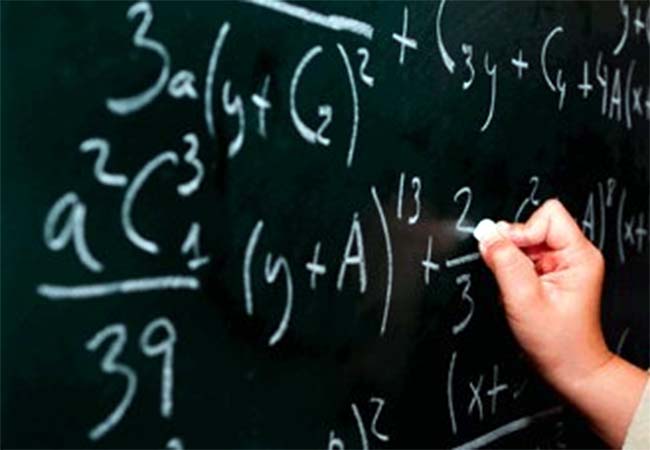Teachers teach different subjects in their class rooms or in the laboratories and libraries; conduct exams and class tests, field trips; and even do research works with their students. In course of their career they often encounter frustrations and misunderstanding; but also experience new excitements and happiness. Teaching is not a static, but a dynamic process that require continuous strategies to adapt to new situations and to make the courses more engaging, interesting and easy to digest. It implies the use of various materials, books, boards; but also new techniques and technologies to better engage student in an active learning process. Among the methods and techniques that serve students well is starting a new course with a game or a story that can hold student attention without bothering them initially with the pain of learning something new and challenging. It is important to build in the student interest first and then slowly move forward with the content starting from simple towards complexity in a stepwise manner. Teachers must learn to listen, observe and adopt new strategies to better serve their target student communities. The interactions with their students, guardians as well as peers can help a teacher to develop new strategies to cater to their students more efficiently. Different courses have an in-depth comprehension of the forms of knowledge embodied in the traditional disciplines; of the interdisciplinary nature of inquiry and of the multiple forms of understanding that individual student bring to the classroom. In a dynamic world, it is necessary to continuously expand knowledge base to make it more useful for the students.
The importance of course preparation and evaluation before, during and after a course should contribute significantly in understanding and measuring student learning and individual academic progress. Teaching is a profession that needs the abilities to transpire the passion of learning among the students. A well-grounded knowledge of the content area is essential for any educator; however, at the same time, gaining practical wisdom that integrates different forms of understanding, skilled actions both in and outside the classroom along with sensitivity towards individual student need are the keys to this noble profession. In another word, pedagogy is necessary to convey information accordingly. Enrolment in any education programs should always aim at better equipping students with valuable skills and tools for further enhancing their learning abilities and learning outcomes. Furthermore, teaching in local and regional languages is central to our national identity and a reflection of our values rooted in social justice and equity. The driving force behind young people’s decision to continue their education in vernacular languages should never be under estimated as this has direct and positive learning outcomes. Teachers should be well verse in local languages to be able to better engage with their target student communities.
The learning components must be presented in the format of integrated modules during which students can master the theory as well successfully complete their laboratory experiments and field observations, as the case may be. Students should be made to demonstrate their learning skills and understanding of a particular topic via multiple activities based on class tests, ability to conduct experiments individually in accordance to the kits, manuals and protocols provided, successfully complete group assignments, confidently make presentations to fellow students and teachers or through independent report preparation. The self-assessment section is important as this should include open-ended questions that focus on individual student’s learning ability.
A course or a program should not only provide the students with basic understanding of the core principles; but also help them to master skills and abilities in better understanding the complexities of individual discipline. The targeted student skills should include competence in lab work, help in developing better communication and building comprehensive knowledge base and promote student ability to identify knowledge linkages within their field based on their deeper understanding of the intellectual and practical aspect of the discipline, build confidence and lastly prepare them for an appropriate career or higher studies. Greater clarity in understanding what career or educational path an individual student might wish to pursue is an important responsibility of a good teacher. Teaching should have a direct relevance to an individual teacher’s work experience and educational background; so that he/she can add those experiences to better equip them with effective knowledge in a particular discipline that will be central to their teaching practice.
A good teacher should be always ready to train students under various multi-cultural environments at different levels; and in a wide variety of settings, libraries, class rooms, workshops, fields, labs; depending on the discipline they are specializing. In the process, they can gain extensive professional and practical experiences, student management and teaching skills that can help them to quickly adapt to any classroom environment and better train them to run a curriculum efficiently. Advance teaching training can further empower them in developing and assessing their effectiveness as a successful teacher. A teacher’s passion to explain and share his/her knowledge to the students is critical for helping him/her in establishing more profound teaching techniques and methodologies on conveying information to students at different age groups. A good teacher can therefore play a more critical role within the teaching community by providing effective operational and tactical support to help students in their development and to guide them in leadership roles. It is always important to adapt a cooperative and stress free learning environment by an individual teacher and promote dialogues among students and the teacher for better learning through perseverance, discipline and dedication. Teachers with better teaching skills always attract bright students and help them to reach their full potential.

